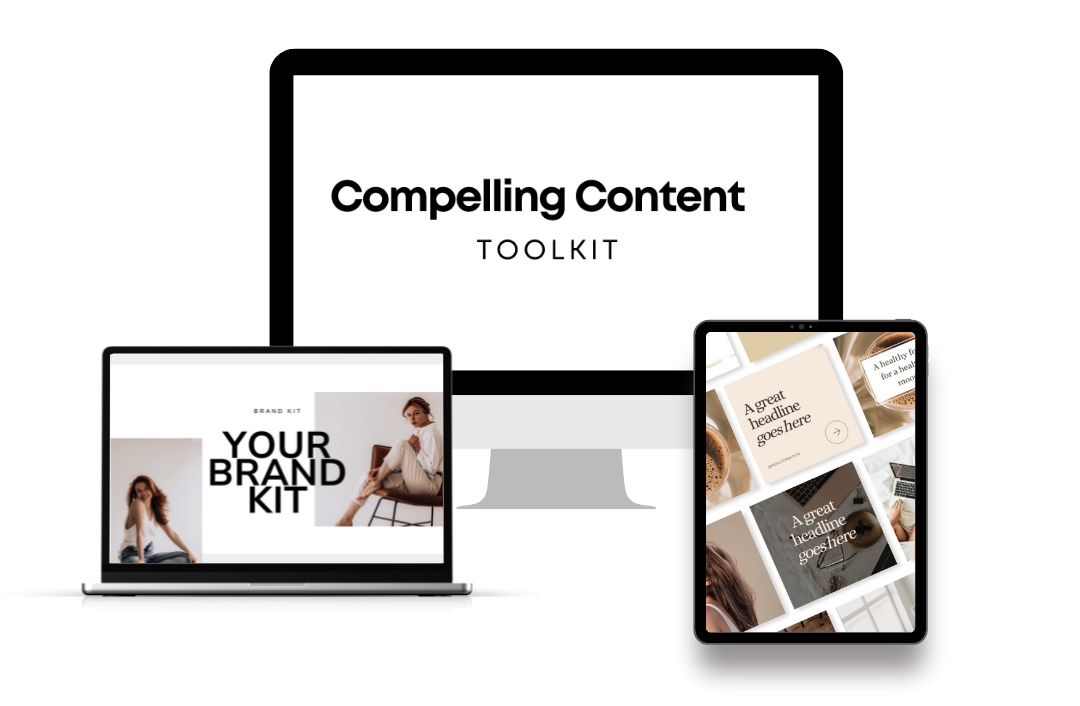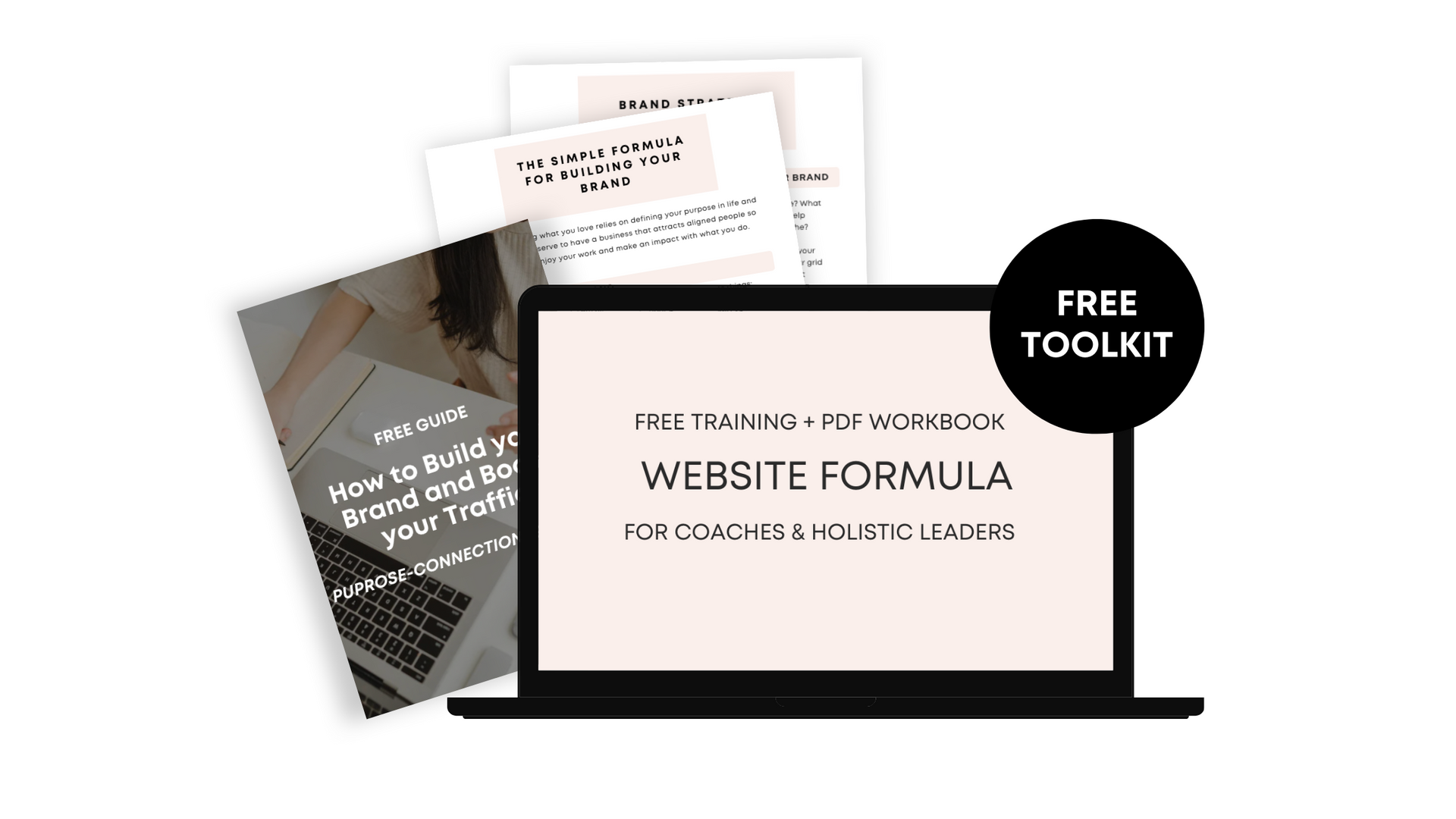How to use ethical and conscious marketing to attract like-minded customers
In 2021, the brand Innisfree promoted a “paper bottle” that was simply a facade hiding a plastic interior. When people discovered the truth, the backlash on social media was extensive and hurt the brand image of Innisfree. The brand later apologized for its campaign.
This is one of many examples of greenwashing and unethical marketing.
Fortunately, consumer consciousness has been on the rise in recent years, as people are becoming more aware of the impact of their purchasing decisions. Businesses have responded by placing a greater emphasis on ethical marketing and social responsibility.
This trend is beneficial for both consumers and businesses. For consumers, it provides greater assurance that the companies they support are acting with morality.
For businesses, it can enhance customer trust and loyalty and bring long-term value to brands.
In today's business world, those who fail to heed the call for social responsibility will find it harder to retain and gain customers.
What’s an ethical and conscious marketing strategy?
Ethical and conscious marketing is a strategy adopted by some companies that value transparency, honesty, and responsibility and benefits the customers but also the society and the environment.
By communicating these values to their target market, companies that practice ethical marketing hope to build trust and foster relationships with customers who share their commitment to social and environmental causes.
In recent years, ethical marketing has become an increasingly popular strategy among businesses of all sizes, as consumers are increasingly looking for products and services that align with their personal values.
While some critics argue that ethical marketing is nothing more than a form of greenwashing, businesses that commit to operating in an ethical manner can ultimately benefit from improved customer loyalty, increased brand awareness, and positive social and environmental impact.
How to create an ethical and conscious marketing strategy?
Here are a few guidelines to follow for ethical and conscious marketing:
Transparency
It’s one of the main principles of ethical and conscious marketing. Companies should be open about their business operations, and issue key information related to their services and products.
It means being transparent about the firm policies and practices regarding their social commitments such as the way they treat their employees. The environmental commitment and impacts of a business are also of importance to a customer.
Ethical marketing should also result in clear and accurate information about a company’s products and services.
Honesty
In a world where consumers are bombarded with marketing messages daily, it is more important than ever for companies to be honest in their advertising. Unfortunately, some companies resort to manipulative and misleading practices in an attempt to gain an edge over the competition.
This is not only unethical, but it also ultimately leads to disillusioned customers who feel cheated and misled. Honesty is a crucial policy when it comes to ethical and conscious marketing, and companies should commit to being truthful in all of their promotional materials. In an age of fake news and mistrust, consumers are craving brands they can believe in.
Responsibility
Any business or company has the responsibility of conducting their business ethically and consciously. This means that the company should have safe and ethical production processes to create reliable products and services. But also use its status and money to give back to communities, and fund environmentally-friendly initiatives. All of these characteristics are fundamental for a company's reputation, and therefore to gaining the trust of potential customers. Responsibility is a key concept in conscious marketing.
Protect consumer data and privacy
In recent years, data privacy has become an increasingly important issue for consumers. With the rise of social media and the increasing use of personal data by businesses, many people are concerned about how their information is being used.
As a result, ethical and conscious marketing must include a commitment to protecting consumer data and privacy.
This means ensuring that personal information is collected only for legitimate purposes, that it is kept secure, and that it is only used in ways that are consented to by the individual.
By respecting the privacy of their customers, businesses can build trust and create lasting relationships.
Keep your promise
As a marketer, it is important to always keep your promises. This means being honest about what you can deliver, and then delivering on that promise.
It can be tempting to make great claims to win business, but if you can't deliver on those claims, it will reflect poorly on your brand and damage your reputation.
In addition, it's important to be genuine in your fulfillment of promises. Don't just go through the motions or do the bare minimum - really put in the effort to exceed expectations. When you keep your promises, it builds trust and credibility with customers and other stakeholders.
As a result, they are more likely to do business with you again in the future.
Ethical and Conscious Marketing Example
Patagonia, the “Don’t buy this jacket” Campaign
In recent years, there has been a growing movement among businesses to operate more ethically. This shift has been driven by consumers who are increasingly interested in supporting companies that share their values. One such company is Patagonia, a leader in the outdoor apparel industry. Since its founding in 1973, Patagonia has been committed to environmental responsibility, and this commitment is reflected in its marketing strategy.
Rather than simply promoting its products, Patagonia uses its platform to raise awareness about environmental issues and encourage sustainable practices.
For example, in 2011 the brand’s “Don’t Buy This Jacket” campaign discouraged consumers from excessive Black Friday shopping, instead encouraging them to take a pledge to reduce consumption.
Within the ad published in the New York Times, Patagonia explained to the customers why they shouldn’t buy the product and instead reduce their consumption.
This type of ethical marketing not only sets Patagonia apart from other brands but also helps to build trust and loyalty among its customer base. As more businesses adopt similar strategies, it is clear that the face of marketing is changing for the better.
If you’re looking to practice ethical marketing and attract like-minded customers, consider using some of the methods discussed above. From being conscious about the language you use to committing to social responsibility, there are many ways to show your potential clients that you share their values. Keep these tips in mind as you develop your marketing strategy and reach out to new customers who will appreciate your efforts.
Guest post from Melanie Manard
Melanie Manard is the founder of The Conscious Insider, a digital platform for sustainable and ethical lifestyle. She is passionate about eco-friendly fashion and sustainable design. You can usually find her reading, cooking or riding her bike.

* AI Disclosure: This content may contain sections generated with AI with the purpose of providing you with condensed helpful and relevant content, however all personal opinions are 100% human made as well as the blog post structure, outline and key takeaways.
* Affiliate Disclosure: Some of the links on green-studiomx.com may contain affiliate links meaning that I will get a commission for recommending products at no extra cost to you.
Thank you!
Please check your email and spam folder to start getting mindful marketing tips.
WELCOME
Welcome to Green Studio
Hello! I'm Natalia. Latina, web design expert and SEO nerd. I help ambitious life coaches, therapists and holistic leaders amplify their magic, gain visibility, and simplify their marketing efforts through strategic web design and content.
Check out my website education resources:
If you loved this post you're gonna love these:

BTW, I'm Natalia
Web design expert and automation nerd
I’ve built an online business which has allowed me to double my income, and quit my full time job all thanks to one thing!
MY WEBSITE!
After serving +100 clients and students across several industries, handling blogs and writing professional copy for clients, I know the ins & outs of building a website that attracts and writing content that converts.
Plan & organize your content strategy👇
Learn how to build a brand that demands attention with a compelling content strategy that turns followers into clients and gives you back your TIME.

Join Green News
A weekly reminder to slow down, enjoy life and build your mindful business one day at a time.
green studio
Bilingual Strategic Web design and resources for life coaches, holistic leaders and mental health professionals. We are located in Mexico serving USA & Worldwide. Contact | Become a collab partner
Green Studio - Privacy Policy








